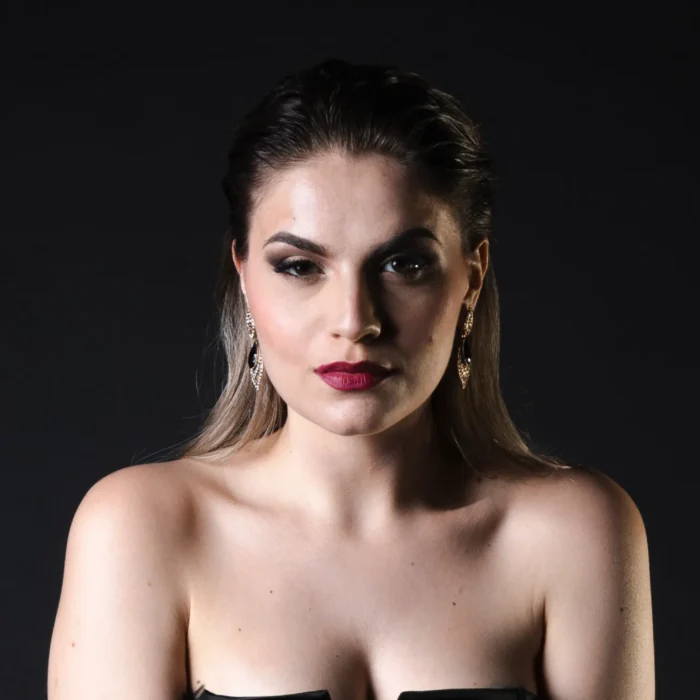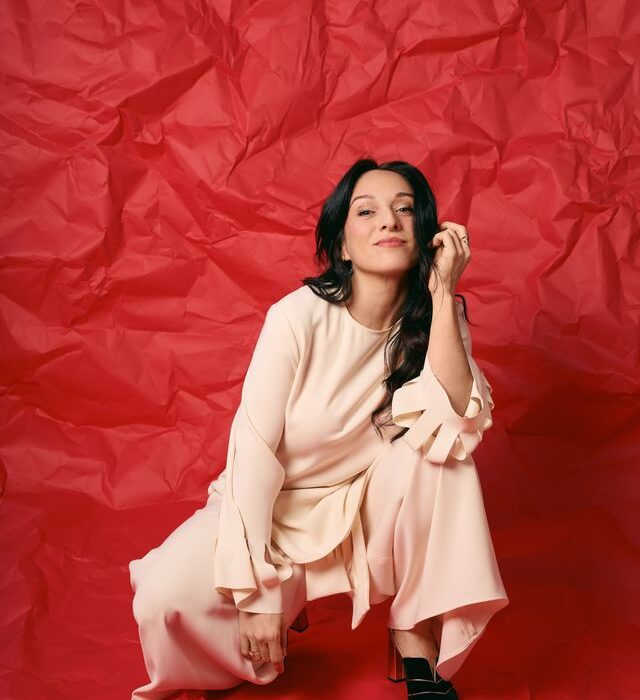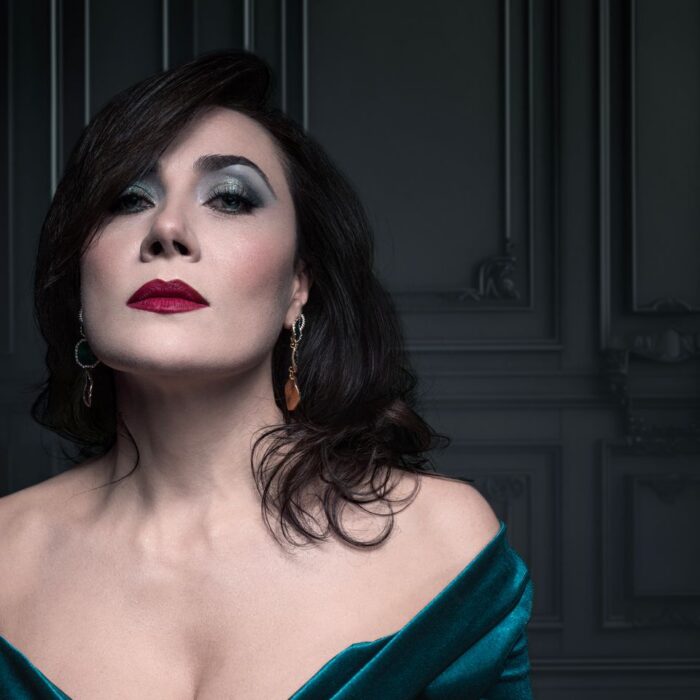Q & A: Karah Son on ‘Madama Butterfly’ & Singing at Opera Australia
By Francisco SalazarOpera Australia is currently presenting “Madama Butterfly” on the Sydney Harbour with Karah Son.
The Korean soprano is one of today’s most sought-after Cio-Cio Sans which OperaWire has called a “tour-de-force whose journey we raptly followed.” She has performed the title role in Tampere, Leipzig, Warsaw, Berlin (Deutsche Oper), Goteborg, and Turin and is set to perform it in San Francisco and Cincinnati.
OperaWire spoke to Son about her interpretation of Puccini’s heroine and about performing with Opera Australia.
OperaWire: Tell me about your experience when working at the Sydney Harbour. What is special about this stage?
Karah Son: I think Sydney Harbour is one of the most beautiful places in the world. In the act where I wait for Pinkerton, it’s just perfect being surrounded by the ocean view up front and the forest of buildings on the back, and the Sydney Opera House on the side.
OW: How has the audience received your performances and how does it help each performance?
KS: The audience is just fabulous, and I loved the feeling of being connected with them. It gives me tremendous energy to keep going and the motivation to present my best performance to them.
OW: You perform Butterfly for a month. How do you pace yourself?
KS: It takes a fair amount of discipline to stay in the best condition. Regular exercise and sleep cycle are important as well as eating healthy. But the most important thing for me is staying positive and grateful, so my prayers are an important part of my life.
OW: Tell me about Puccini’s score. What do you love about this score and how do you relate to it?
KS: How do I say this in a simple way? I think Puccini’s score is perfect. It’s amazing how he wrote this score with the story and beautiful music that are timeless and loved by so many people for ages. It’s filled with joy, happiness, agony, and sadness that just touch your heart.
OW: What is your favorite moment in the score?
KS: When she knows about his comeback signal. There’s a moment when she hears the sound of the cannon from the ship. She is convinced that he’s on that ship and is absolutely thrilled and happy. Ironically, it’s the saddest moment for everyone who knows the ending. The music at that moment is so powerful and emotional. I can’t help crying every time I sing this part.
OW: How do you view this story in modern times and how do you think it translates?
KS: If you think about the plight of Cio-Cio San, it is really sad and unfair, but I think classics are more about understanding humanity before our time. This kind of story has existed for many years in many parts of the world, and probably still exists today. That being said, we as humanity must strive to be better. Arts and opera like this can be a reminder for our generation not to repeat the same wrongs, so we can make the world a better place for our children.
OW: What is the biggest challenge of this score? How has the score developed in your voice after so many performances and runs?
KS: This score is certainly challenging because it relies heavily on the main character, and in my role, I have to sing pretty much continuously from the first entrance to the final death. In addition to being demanding on the vocal side, it is also quite demanding on the emotional side. It can be quite consuming vocally and emotionally. I constantly improve my technique to maneuver the physical and emotional roller coaster. But more than the technique, I believe I have developed a deep connection with Cio-Cio-San’s character as a person.
OW: Tell me about working with Brian Castles-Onion.
KS: He’s a great conductor and a great leader. He is extremely knowledgeable yet gentle and humorous. What matters the most to me is his musical excellence which makes me happy to sing!
OW: You have butterflies lined up for San Francisco and Cincinnati. As an Asian soprano singing Butterfly, what characteristics do you want to bring to the role to define the characteristics of Butterfly?
KS: I want it to be real to the people in terms of the story and the plight of an underprivileged minority. I hope it would convey a powerful message along with the beautiful music.


